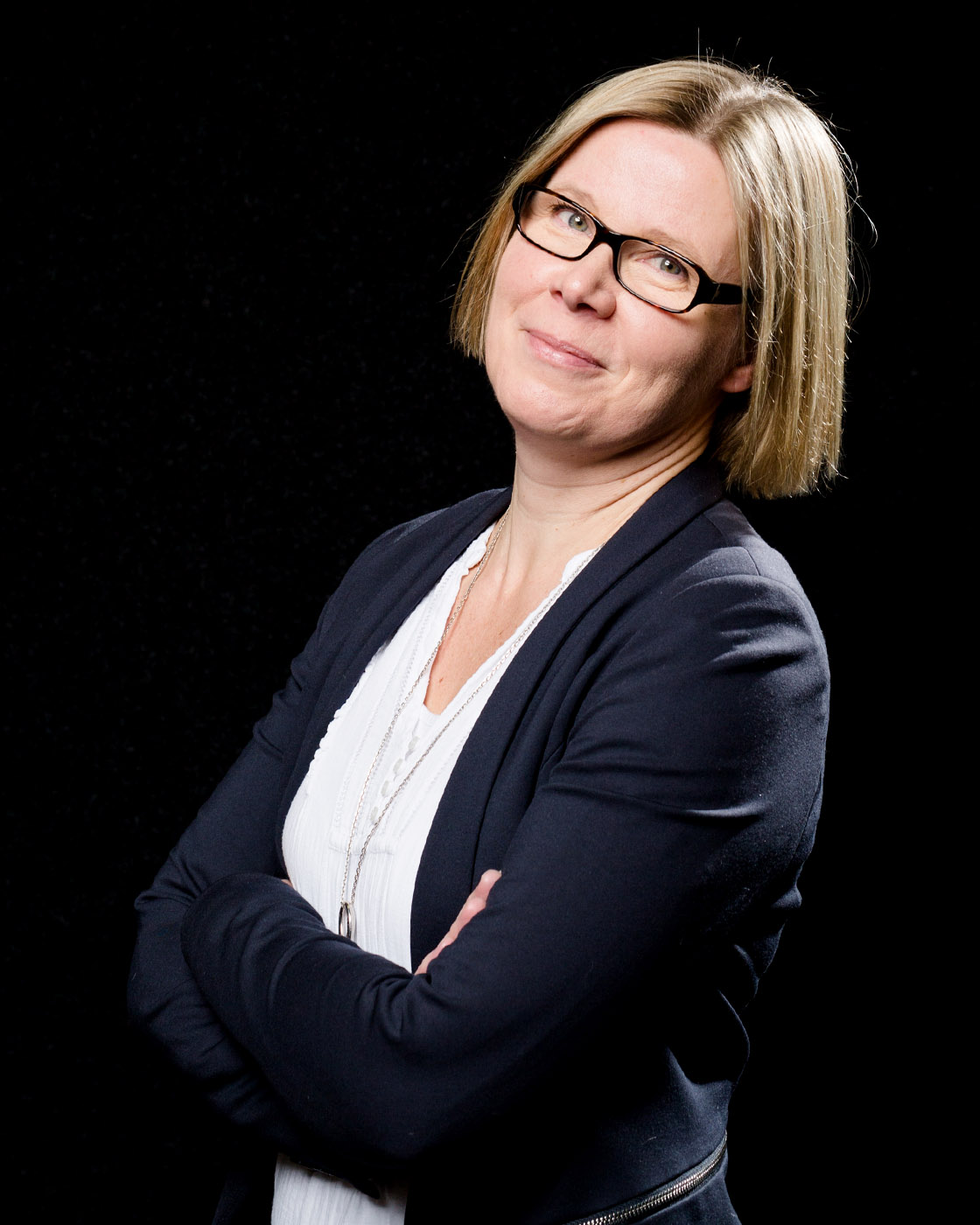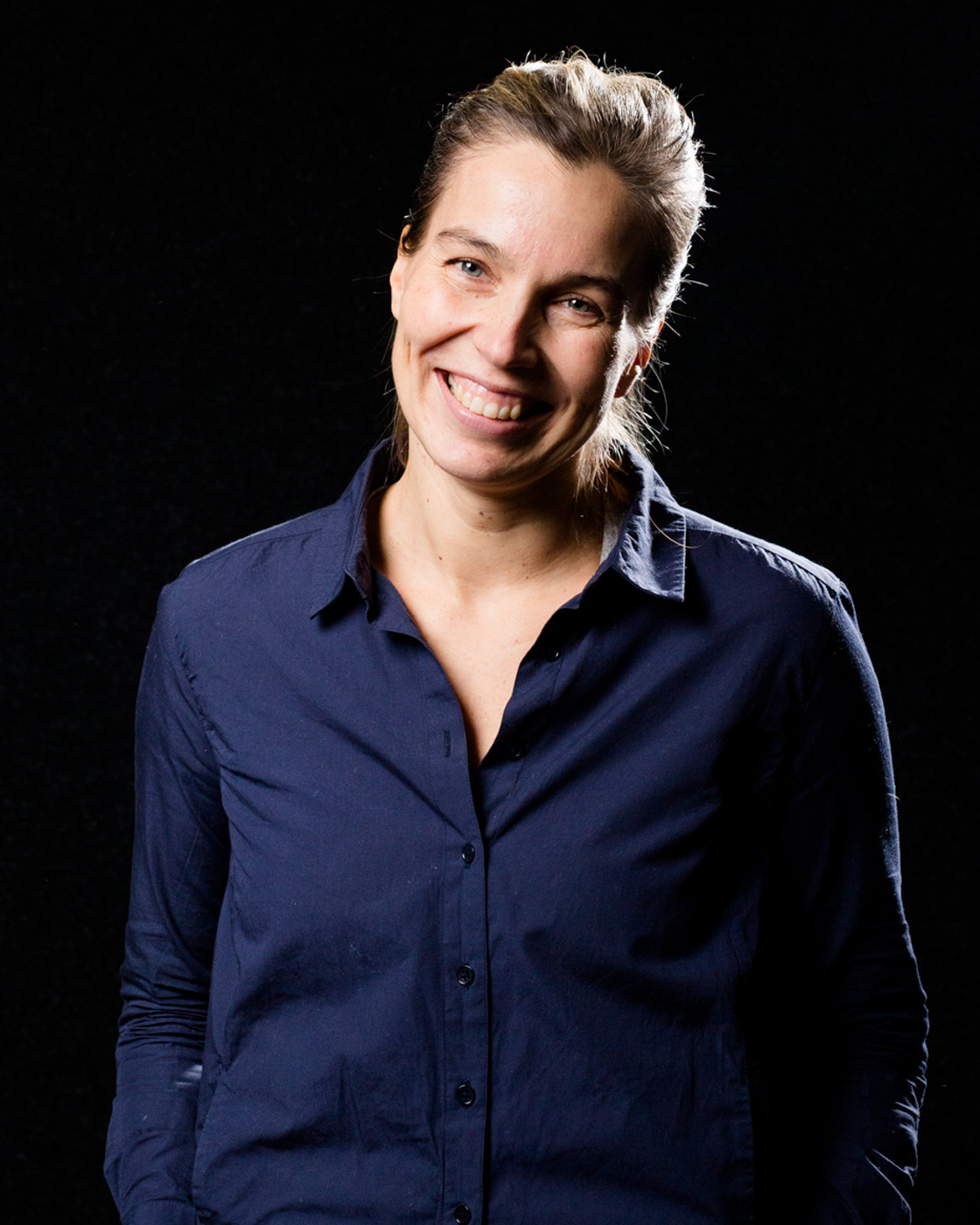The circular economy in sport
Completed project: 2017-2018
Together with sports clubs, Sitra tried out smart everyday solutions and promoted the organisation of events in a manner that takes the world’s carrying capacity into account.
What was it about?
In the future, climate change and the overconsumption of natural resources will influence the conditions in which we enjoy sport. Up to 68 per cent of Finland’s total greenhouse gas emissions are generated by choices we make in our everyday lives: how we live and move around and what we eat and buy. The largest environmental impact of recreational sport is often associated with travelling to practice. On average, more than half of the environmental impact of one training session is related to traffic.
Sports clubs are an enormous community asset that can promote a sustainable lifestyle. Both clubs and sportspeople can make many everyday choices that help to mitigate climate change. For instance, sports gear and equipment can be rented or bought second-hand, the energy consumption at gyms can be minimised, you can car-pool or cycle to training sessions – and the slice of ham between the post-practice sandwich can be replaced with a fava bean burger.
The ecological footprint of sporting events also becomes very large very easily. Events that adhere to circular economy principles avoid the overconsumption of natural resources by paying attention to the materials and energy used at the events and in the event production, as well as to the emissions generated by logistics and traffic. Is it possible to stop the oversupply of merchandise? Can event organisers better arrange transport that encourages spectators to leave their cars at home? New kinds of thinking and a change in practices are required of event organisers, partners and spectators.
What was this project about?
Together with the Finnish Olympic Committee, Sitra encouraged Finnish sports clubs and associations and sports event organisers to become circular economy professionals. Through co-operation, we also challenged the international sports community to move towards a sustainable future. Smart and low-carbon circular economy solutions may become an asset that Finns can export to events around the world.
We enhanced competence related to responsibility and environmental issues among Finnish sports clubs and sports event organisers and encouraged them to try out sustainable solutions in their daily activities and events. A circular economy approach can be comprehensively integrated into everyday sport and the organisation of events, starting with the first steps in the planning process. Sustainable choices often make the clubs’ everyday activities easier and lower their costs. We also brought event organisers together to share their good practices.
What did we do?
We tested low-carbon and smart circular economy solutions at the World Ski Championships in Lahti in spring 2017. The lessons learned from Lahti were also employed at Finland’s European Basketball Championship games in autumn 2017.
Together with the Finnish Olympic Committee, we established the network of environmental responsibility in sports in autumn 2017, aimed at the practical implementation of circular economy solutions at sports events and in the activities of sports clubs and associations.
We also compiled a toolkit of sustainable everyday practices for sports clubs (in Finnish) with the Finnish Olympic Committee.


Latest